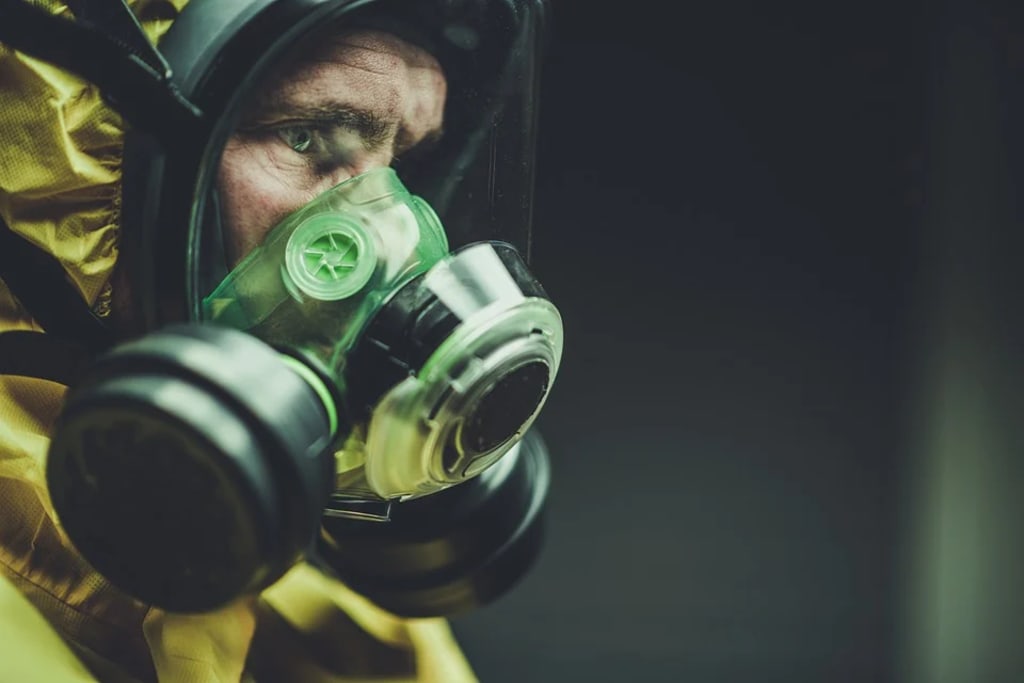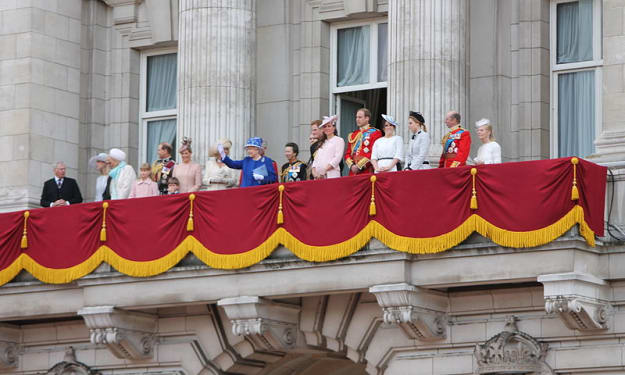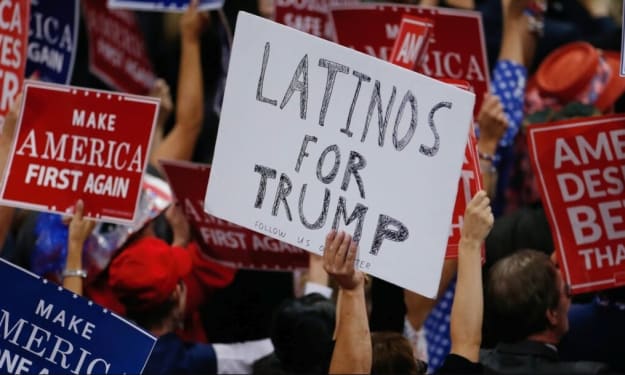Coronavirus: A Descent into Totalitarianism
Sleepwalking into an Orwellian Dystopia

'To hang on from day to day and from week to week, spinning out a present that had no future'
'In moments of crisis, one is never fighting against an external enemy but always against one's own body'
'If you kept the small rules, you could break the big ones'
No, these aren't lines from Boris Johnson's latest press conference, they're quotes from George Orwell's dystopian 1984 novel.
The Coronavirus pandemic has resuscitated an old proverb: 'Totalitarians accomplish more in devastating times than democracies.'
These are truly devastating times, with socio-economic conditions resembling that of Orwellian draconianism. As entire communities are quarantined, industries adjourned and the economy put on ice, we are reminded of the abject surreality of the situation. We ask ourselves, when will this end? When will life return to normalcy? What will be the long-term implications? As we fixate on these personal concerns, our individual freedoms slip through our fingers. We unwittingly ignore the perpetual corrosion of our social, economic, and democratic rights.
The Coronavirus has pitted our survival instincts against our individual liberties. It's forced us to pick a side: Survival or Freedom. Yes, staying indoors stops the spread of the virus, but it clearly diminishes our individual rights. Yes, fining those who break the rules helps lower the curve, but it's reminiscent of totalitarian Germany. Yes, apps that track and trace the virus are beneficial, but it's a blatant attack on personal liberty. According to a recent Telegraph poll, 86% of us are willing to abandon civil liberties in light of the Coronavirus. Though this attitude is somewhat understandable, it's important to understand an elemental truth: There's a difference between temporarily leasing our individual liberties for the greater good, and permanently abandoning fundamental Magna Cartan principles.
The provisional abandonment of basic human rights may be deemed legitimate if measures are Essential, Temporary, Non-Prejudicial and Honest. Whilst the vast majority agree that the measures are Necessary, there are serious question marks whether the rules are Temporary, Non-Prejudicial or Honest. The fact we're still living under temporary surveillance measures taken after 9/11 calls into question how 'temporary' these measures will be. Isolation is undoubtedly harder economically, socially and psychologically for a working-class family, casting aspersions as to how 'non-prejudicial' the measures are. Finally, antithetical messages regarding PPE, testing and the death toll contests how 'honest' government rhetoric has been.
As a country, Britain proudly remembers resisting and defeating totalitarianism during the Second World War. Despite this, the British public has no seeming objection to the UK police force using drone surveillance, fines, and public shamings. Whilst no one can dispute the police enforcing legal regulation, vilifying members of the public for exercising and travelling is troubling. These aforementioned activities are not illegal, they are just 'disliked' by certain government ministers and members of the public. Though we can all question the essentiality of a walk in the countryside, it's not the job of the police to take action based on public opinion. Former Supreme Court judge, Jonathan Sumption, told the BBC, 'The police have no power to enforce ministers’ preferences, only legal regulations.' The police force ignoring legal precedented in favour of ministerial preference echos that of a 1940s police state.
Through harbouring public fear, the government has masked draconian authoritarianism as necessary response. Censorship of social media, distorting the death toll, and increased surveillance has become part and parcel of pandemic society. As totalitarian measures increase, government accountability has decreased. When the Coronavirus death toll made unpleasant reading, the government simply distorted the figures. When peaceful protestors took to London's Hyde Park, the police bundled them into the back of a van. When publically pressed on policy inconsistencies, government ministers simply boycotted the show- Good Morning Britain being the case in point. As the UK walks into the unknown, the government's grip on society tightens. After all, it's much easier to control society's future if you can regulate its present.
The question is- whether it's worth temporarily abandoning certain individual freedoms in order to stem the spread of Coronavirus. Like many aspects of the Coronavirus, the answer requires a degree of careful compromise. Provisionally sacrificing personal liberty is important in stopping the Coronavirus pandemic, however, blindly ambling into a future of mass surveillance and societal constraint is not responsible. It's essential to hold the government to account, ensuring answerability and liability. Though personal survival and self-interest will undoubtedly be at the forefront of peoples minds, we mustn't lose track of the bigger picture. If we do so, the measures to stop the Coronavirus may be worse than the virus itself.






Comments
There are no comments for this story
Be the first to respond and start the conversation.